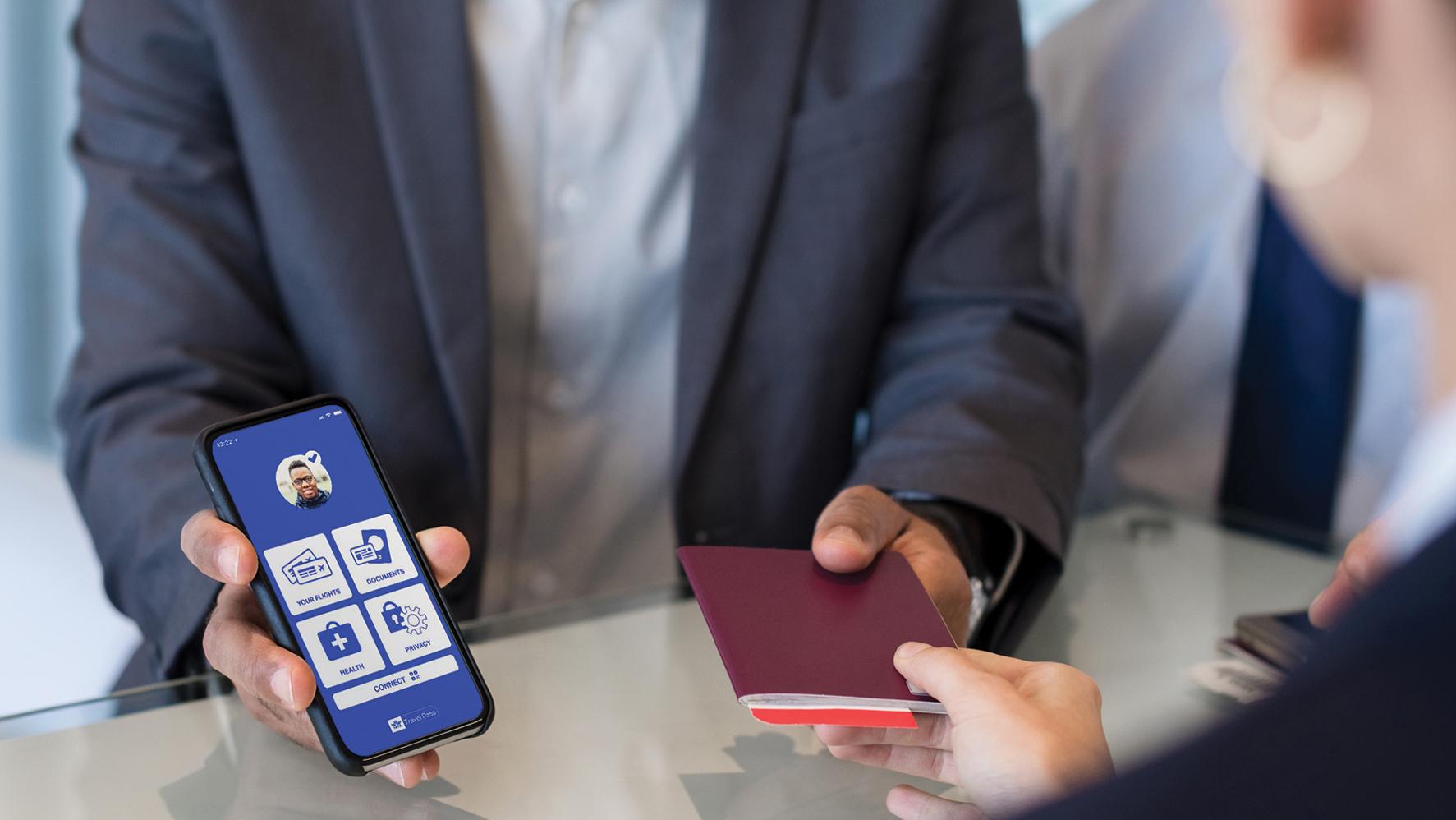ANALYSIS: Government Setting Of Digital Health Travel Standards Is Frustratingly Slow

Scenes of travelers crowding in long queues to show authorities their proof-of-health documents would be, at best, ironic in a pandemic. But that’s an increasingly likely scenario when travel restrictions are lifted unless paper health documents are digitized.
Governments, in theory, should be eager to support and expedite the setting of global standards that would enable fraud-proof health credentials to travel with passengers on their mobile phones and for those credentials to be easily and securely relayed to airlines and immigration authorities.
As is too often the case, most governments seem OK to let the airport crowding crisis happen before ramming through a solution.
The solution in this instance is based on existing, proven technologies and protocols and is being trialed by several airlines worldwide. The IATA Travel Pass initiative was launched late last year.
As of early March, IATA was working with some 20 airlines on Travel Pass trials and talking to about 20 more that had requested participation. The first pilot program began in December with Singapore Airlines, which moved to a full-scale test in mid-March on Singapore-London flights.
Travel Pass is based on the Timatic system that IATA uses to enable airlines to acquire verification that passengers have the correct immigration documents, such as visas, before flying and can share that verification with the relevant immigration authorities. Travel Pass does not have a central database, thus avoiding data privacy infringements.
This means that Travel Pass does not need governments to come onboard for it to work, but government backing is critical in terms of setting standards for testing and approving lab networks as well as recognizing the app as a valid and secure proof of a negative test and/or vaccination. And it’s the standard-setting, which would ensure reciprocal acceptance of the app from country to country, that is happening far too slowly.
The Travel Pass app will be free to passengers, who will be able to download it onto their smartphones and register their personal details and flight itineraries. The app will show them the health documents they need for their journey and provide them with a list of government-approved labs that have partnered with Travel Pass. The passenger’s identity is verified on the app by scanning a QR code and taking a photo, after which the test sample is collected and submitted to the lab. The test result is sent directly to the passenger. If negative, the app updates the passenger’s flight itinerary with a check mark. The passenger can then elect to share the full test results with the airline, which would permit a contactless check-in process.
The public seems enthusiastic for such a system. An IATA survey this year indicated that four of five respondents would like to use this technology as soon as it becomes available. Those polled also said they expected travel health credentials—vaccine or test certificates—to comply with global standards.
“While we are making good progress with numerous trials, we are still awaiting the global standards for digital testing and vaccine certificates. Only with global standards and governments accepting them can we maximize efficiency and deliver an optimum travel experience,” IATA director general and CEO Alexandre de Juniac said.
IATA SVP airport, passenger, cargo and security Nick Careen summed up the situation more bluntly. “There has to be global standards. Each day without them means the challenge gets bigger,” he said. As people return to air travel on the basis of being able to prove they have had a negative COVID test and/or have been vaccinated, depending on paper proof of those credentials will lead to “miles long queues at airports,” he said.
EC and China initiatives
Travel Pass is not the only digital health verification system in the works. The European Commission (EC) has launched an initiative called the Digital Green Pass that it expected to present as a legislative proposal in March. The focus of Green Pass would be to facilitate easier travel within European Union countries, although the EC has indicated that it could also coordinate standards and create a platform to connect to different national solutions.
Even as an EU initiative, however, progress seems set to be more tortoise than hare. EC President Ursula von der Leyen said in March there were still a lot of “open questions” and “political questions” relating to vaccination certificates, including their use and whether vaccinated people are still able to transmit COVID-19. “This takes a while, so this takes at least around three months. That is important, so that expectations are not too early too high,” she said.
Even so, by the end of January, member states, with the support of the commission, agreed on the kind of data needed for such a vaccination certificate.
China, meanwhile, announced its own version of a digital health certificate in March that would be powered by WeChat, one of China’s most widely used messaging applications. The system is currently only available to Chinese nationals, but Beijing is in talks with other governments to develop a mechanism to facilitate cross border movements.
IATA’s view is that any initiative that helps promote a digital framework for travel health verification is welcome provided global standards are set and interfaces work. It does not expect or need Travel Pass to be the only game in town. But government standards would make it a much better game.





